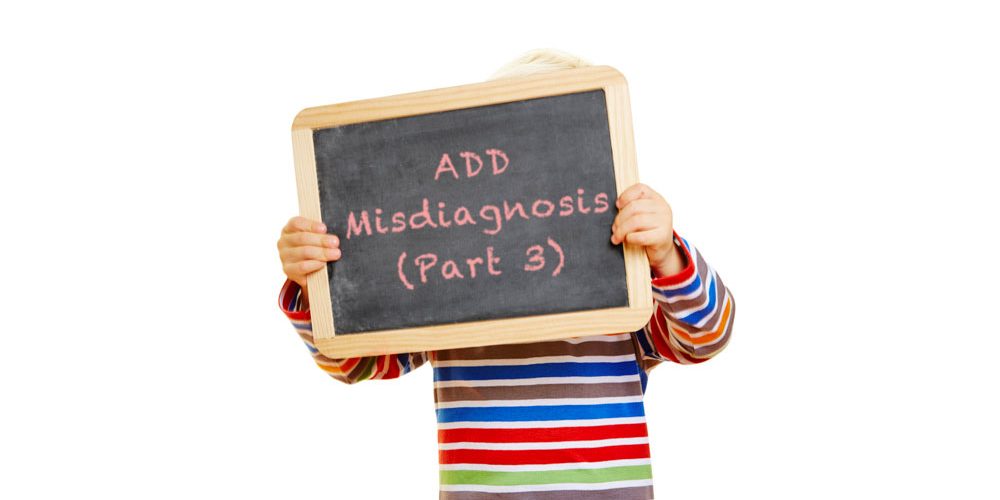By Jerry Morris, PsyD, MsPharm, MBA
MB (Marc Braman, MD, MPH):
So, when you see… Let’s say you saw, 10 people with a diagnosis of ADD, if 75 or 80% of them actually have something else that means seven or eight out of 10 would have either depression or bipolar or a personality disorder or something like that. Is that correct?
JM (Jerry Morris, PsyD, MsPharm, MBA):
That’s correct and that makes a major difference because without accurate diagnosis you can’t use the scientific literature to select scientifically validated or useful or proven effective techniques. So, like some have said, if you use a hammer no matter how swell a hammer it is to use it on a screw where you need a screwdriver, you don’t get a good result. And in these things, without accurate diagnosis you cannot then formulate a scientifically validated treatment plan. So even though you’re applying scientifically-validated techniques for the other diagnosis, the wrong diagnosis, and claiming you’re doing scientifically-validated work, you’re not really.
MB:
So number one, with any kind of medicine and especially lifestyle medicine you have to understand the cause to effectively treat the cause.
JM:
That’s exactly right. And like lifestyle medicine is so insightful and some of the more systems-oriented psychology, you can’t just treat a child without analyzing, evaluating, and treating and changing the context or the system itself. Now, for instance, even in applying medication techniques which certainly the World Health Association in their Manual on Psycho-pharmacology in Primary Care and AHRQ the Agency for Healthcare Quality that sets up scientifically validated protocols, the American Academy of Medical Psychology in interface with the Science Committee of the FDA has published that you really can’t consider a medication-only approach a treatment plan, it’s a technique, and I’ve written extensively about this. And so, you can’t even choose the appropriate or the most helpful medications without an accurate diagnosis.
MB:
Good. So in our next segment let’s get into what a proper diagnostic process looks like so we can get a good handle on the cause to effectively treat it. Thank you so much, Dr. Morris.
JM:
Glad to be here, Marc.
Attention Deficit Hyperactivity Disorder: Effectiveness of Treatment in At-Risk Preschoolers; Long-Term Effectiveness in All Ages: and Variability in Prevalence, Diagnosis, and Treatment (2011). Agency for Healthcare Research and Quality U.S. Department of Health and Human Services 540 Gaither Road Rockville, MD 20850 www.ahrq.gov Contract No. MME2202 290-02-0020. AHRQ Publication No. 12-EHC003-EF.





